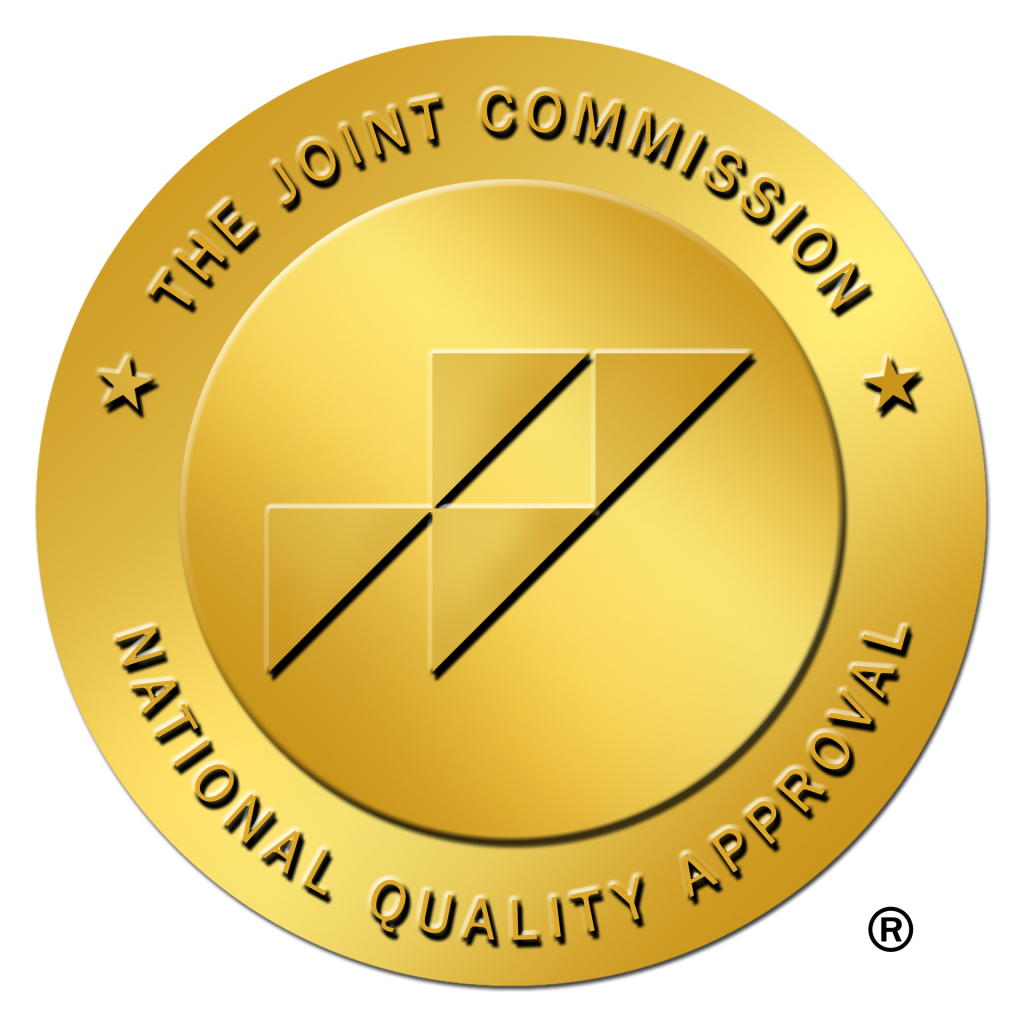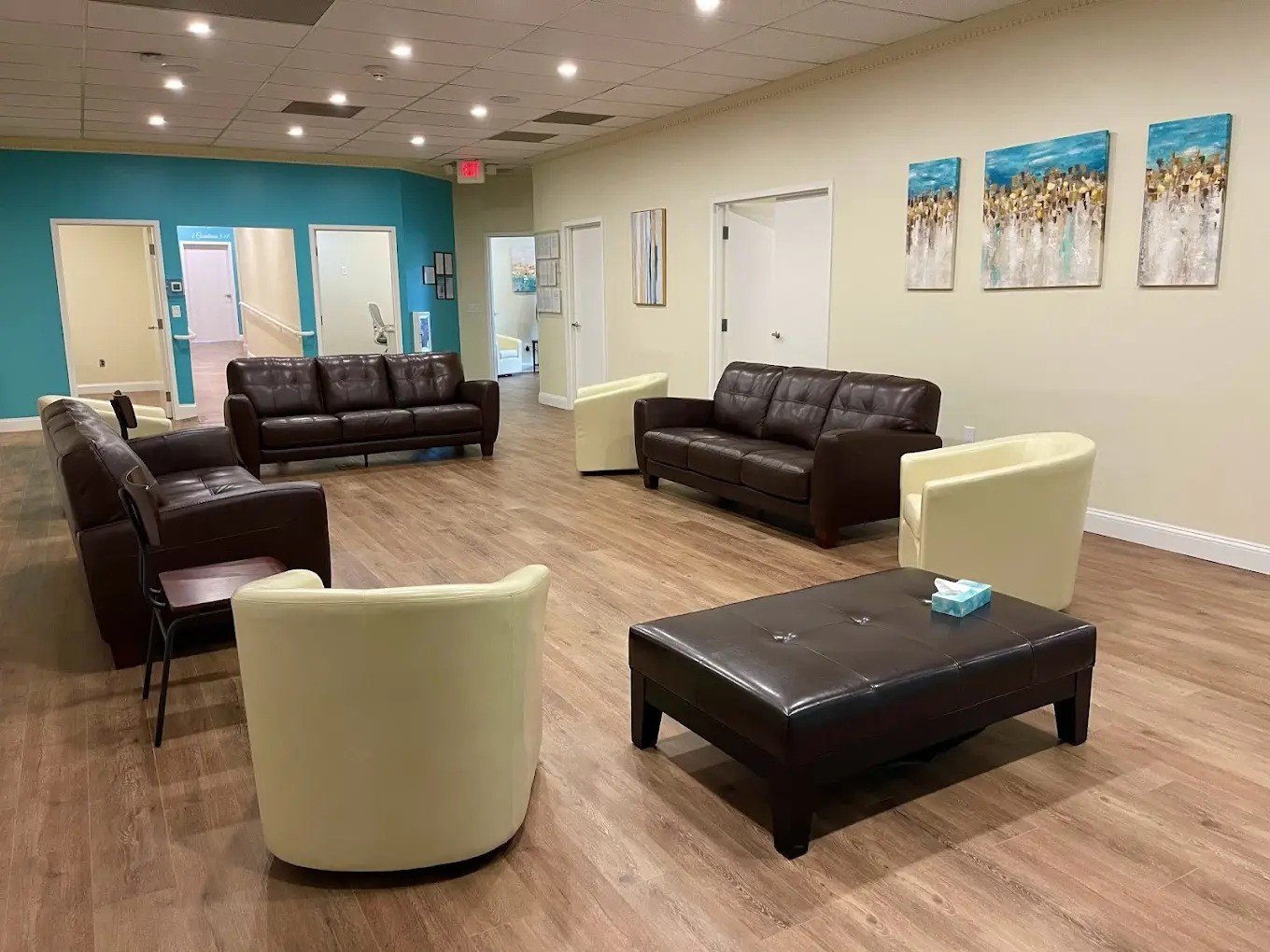Relapse Prevention Program Nj
Unique Approach to Relapse Prevention
At New Chapter Recovery, located in Parsippany-Troy Hills, NJ, we believe that a personalized approach is paramount to an effective relapse prevention program nj. Our outpatient center focuses on crafting custom-tailored treatment plans that meet the unique needs of each client. By integrating evidence-based therapies with creative therapeutic modalities, we ensure a holistic approach to relapse prevention.
Our program goes beyond traditional methods by incorporating therapies such as animal-assisted therapy and experiential learning. This unique combination fosters deeper engagement and aids clients in forging meaningful connections that support sustained sobriety. The variety of therapeutic options available empowers clients to explore and discover what works best for their personal journey towards recovery.
Integrated Dual Diagnosis Model
Relapse prevention is particularly challenging when co-occurring mental health conditions are present. New Chapter Recovery addresses this by offering an integrated dual diagnosis model within our relapse prevention program nj. Our multidisciplinary clinical team collaborates to provide comprehensive care that simultaneously targets substance use disorders and mental health issues.
By incorporating trauma-informed practices, we create a safe and supportive environment for clients to delve into the root causes of their addiction. This approach not only aids in preventing relapse but also promotes long-term recovery by addressing underlying psychological triggers. Our clients benefit from a cohesive treatment plan that bridges the gap between mental health and substance use recovery.
Our specialists utilize a range of therapeutic approaches such as Cognitive Behavioral Therapy (CBT), Dialectical Behavioral Therapy (DBT), and Acceptance and Commitment Therapy (ACT) to address the complexities of dual diagnosis. This integrated care helps clients develop resilience and equips them with tools to manage both their mental health and addiction.
Flexible Outpatient Options
Recognizing the diverse needs of our clients, New Chapter Recovery offers several flexible outpatient options that accommodate varying schedules and commitments. Our Partial Hospitalization Program (PHP) allows clients to receive intensive care during the day while returning home in the evenings, maintaining connections with family and community.
Intensive Outpatient Program (IOP)
The Intensive Outpatient Program (IOP) offers sessions that can be scheduled around work or academic commitments. This flexibility ensures that clients can continue their daily responsibilities while actively participating in their recovery process. IOP serves as a suitable alternative for those not requiring the full intensity of residential rehab but still seeking structured support.
Outpatient Program (OP)
Our Outpatient Program (OP) focuses on ongoing, long-term support with an emphasis on relapse prevention. This step-down care provides clients with the necessary tools to maintain their recovery as they transition back into everyday life with greater independence.
Specialty Tracks and Therapies
To cater to specific client needs, New Chapter Recovery offers specialty tracks within our relapse prevention program nj. These include veterans’ treatment, faith-based recovery, and a variety of evidence-based therapies. Our veteran clients, eligible for VA and Tricare benefits, receive tailored support that respects their unique experiences and challenges.
- Animal-Assisted Therapy
- Faith-Based Recovery
- Veterans Treatment
These specialty tracks provide individualized treatment options that resonate with clients on a personal level, enhancing their recovery journey. By incorporating diverse approaches, we cultivate an environment where every client feels seen, heard, and valued.
Building Strong Support Networks
Relapse prevention hinges on the strength of the support networks built during treatment. At New Chapter Recovery, we emphasize the importance of family involvement and community engagement. Our relapse prevention program nj includes group therapy sessions and family support groups that foster mutual understanding and healing.
We encourage clients to nurture relationships with peers who share their commitment to sobriety, creating a network of support that extends beyond their time in treatment. Engaging in community events and sober activities further solidifies these connections, enhancing the likelihood of long-term recovery.
The Role of Education and Awareness
Education is a cornerstone of our relapse prevention efforts. We provide our clients with a deep understanding of the addiction process, emphasizing the importance of recognizing relapse triggers and developing healthy coping mechanisms. Our educational workshops and sessions equip clients with knowledge that empowers them to make informed decisions.
Clients learn techniques such as mindfulness meditation, grounding exercises, and cognitive restructuring to manage their cravings and reduce the risk of relapse. By fostering self-awareness and reflection, we prepare clients to face challenges with resilience and confidence.
Personalized Aftercare Planning
Aftercare planning is an essential component of relapse prevention. At New Chapter Recovery, we ensure that each client leaves our care with a detailed plan tailored to their individual circumstances. This plan includes continued therapy sessions, support group recommendations, and relapse prevention strategies designed for long-term success.
Our dedicated team collaborates with clients to establish realistic goals and action steps, ensuring a seamless transition back into daily life. The aftercare plan supports clients in maintaining the progress they have achieved and encourages ongoing personal growth and development.
Coordinated Aftercare Support
We coordinate with local resources, healthcare providers, and community organizations to offer a comprehensive support network for our clients post-treatment. This collaboration enhances the efficacy of our relapse prevention program nj, reinforcing the skills and strategies clients have developed while in our care.
Commitment to Continuous Improvement
New Chapter Recovery is committed to the continuous improvement of our practices and programs to enhance client outcomes. We regularly review and refine our relapse prevention strategies to incorporate the latest research and advancements in addiction treatment. This commitment ensures that our clients receive the highest standard of care available.
By fostering a culture of learning and adaptation, we remain at the forefront of addiction recovery innovations. Our dedication to quality improvement reflects our unwavering commitment to helping clients achieve lasting sobriety.
What makes New Chapter Recovery’s approach to relapse prevention unique in NJ?
At New Chapter Recovery, our approach to relapse prevention is centered around personalized care tailored to meet the unique needs of each individual. We combine evidence-based therapies with innovative methods like animal-assisted therapy and experiential learning, setting us apart from traditional programs. This diverse methodology encourages deeper personal engagement and helps forge meaningful connections that bolster long-term sobriety. Our commitment to a holistic, client-focused experience allows each person to explore various therapeutic options, discovering what resonates most with their journey towards recovery.
How does the integrated dual diagnosis model at New Chapter Recovery enhance relapse prevention?
Our integrated dual diagnosis model is a pivotal part of our relapse prevention strategy, addressing both substance use disorders and co-occurring mental health conditions simultaneously. By creating a cohesive treatment plan, we help clients understand and manage the psychological triggers that contribute to addiction. Through therapies like Cognitive Behavioral Therapy (CBT) and Dialectical Behavioral Therapy (DBT), clients build resilience and gain tools to navigate their mental health challenges alongside their recovery. This comprehensive approach ensures a supportive environment where clients can tackle the root causes of their addiction, significantly reducing the risk of relapse.
What flexible outpatient options does New Chapter Recovery offer to support relapse prevention?
New Chapter Recovery provides a range of flexible outpatient programs to accommodate different lifestyles and schedules, ensuring that recovery fits seamlessly into daily life. Our Partial Hospitalization Program (PHP) offers intensive care during the day with the comfort of returning home in the evenings. For those balancing work or school, the Intensive Outpatient Program (IOP) provides a structured framework while allowing for personal commitments. Moreover, our Outpatient Program (OP) offers ongoing, long-term support focused on relapse prevention as clients transition back to everyday life, empowering them to maintain their sobriety with independence.
Why is building strong support networks crucial in relapse prevention?
Building robust support networks is essential in relapse prevention because recovery is not just about personal commitment; it’s also about community. At New Chapter Recovery, we emphasize family involvement and community engagement through group therapy and family support groups. These networks provide emotional support, accountability, and a shared understanding that can strengthen an individual’s resolve. Imagine having someone you can call at a moment’s notice who understands your challenges. Community events and sober activities expand these connections, ensuring that clients have a sturdy foundation to rely on long after they leave our care.
How does education play a role in relapse prevention at New Chapter Recovery?
Education is a cornerstone of our relapse prevention strategy at New Chapter Recovery. By educating clients about the addiction process and relapse triggers, we empower them with the knowledge to make informed choices. Workshops and sessions on mindfulness, cognitive restructuring, and other techniques equip clients with practical tools to manage cravings. This educational focus helps clients develop self-awareness and resilience, preparing them to face challenges confidently. Have you ever thought about how understanding the ‘why’ behind a behavior can transform your approach to it? That’s the empowering insight education offers in recovery.
What is the importance of personalized aftercare planning in relapse prevention?
Personalized aftercare planning is crucial in relapse prevention as it ensures clients have a structured support system post-treatment. At New Chapter Recovery, we collaborate with clients to create detailed plans that include therapy continuation, support group recommendations, and tailored relapse prevention strategies. This personalized approach helps clients set realistic goals and outlines actionable steps to maintain their progress. Think of it like a roadmap that guides them back to their everyday life, but with the added tools and skills they’ve gained to handle new challenges. It’s about creating a sustainable path to lasting recovery.
How does New Chapter Recovery ensure the continuous improvement of its relapse prevention programs?
At New Chapter Recovery, our commitment to continuous improvement is reflected in our dedication to implementing the latest research and advancements in addiction treatment. We regularly review our strategies, ensuring they align with current evidence-based practices. This proactive approach means our clients benefit from cutting-edge care that adapts to new insights and technologies. Have you ever experienced a service that seemed to evolve with your needs? That’s our goal–to create a dynamic, responsive treatment environment that continues to enhance client outcomes, helping everyone achieve lasting sobriety.
Resources
- Substance Abuse and Mental Health Services Administration (SAMHSA) – SAMHSA is the agency within the U.S. Department of Health and Human Services that leads public health efforts to advance the behavioral health of the nation. They provide resources, programs, and information on substance abuse and mental health issues.
- National Alliance on Mental Illness (NAMI) – NAMI is a grassroots mental health organization dedicated to building better lives for the millions of Americans affected by mental illness. They offer education, support, and advocacy for individuals and families affected by mental health conditions.
- National Institute on Drug Abuse (NIDA) – NIDA is a research institute within the National Institutes of Health that focuses on the science of drug abuse and addiction. They fund research, provide educational resources, and support initiatives to prevent and treat drug abuse.
- Centers for Disease Control and Prevention (CDC) – The CDC is a national public health institute in the United States that works to protect public health and safety. They provide information and resources on a wide range of health topics, including substance abuse and addiction.
- American Psychiatric Association (APA) – The APA is a professional organization of psychiatrists that works to ensure humane care and effective treatment for all persons with mental disorders. They offer resources, education, and advocacy on mental health issues.






